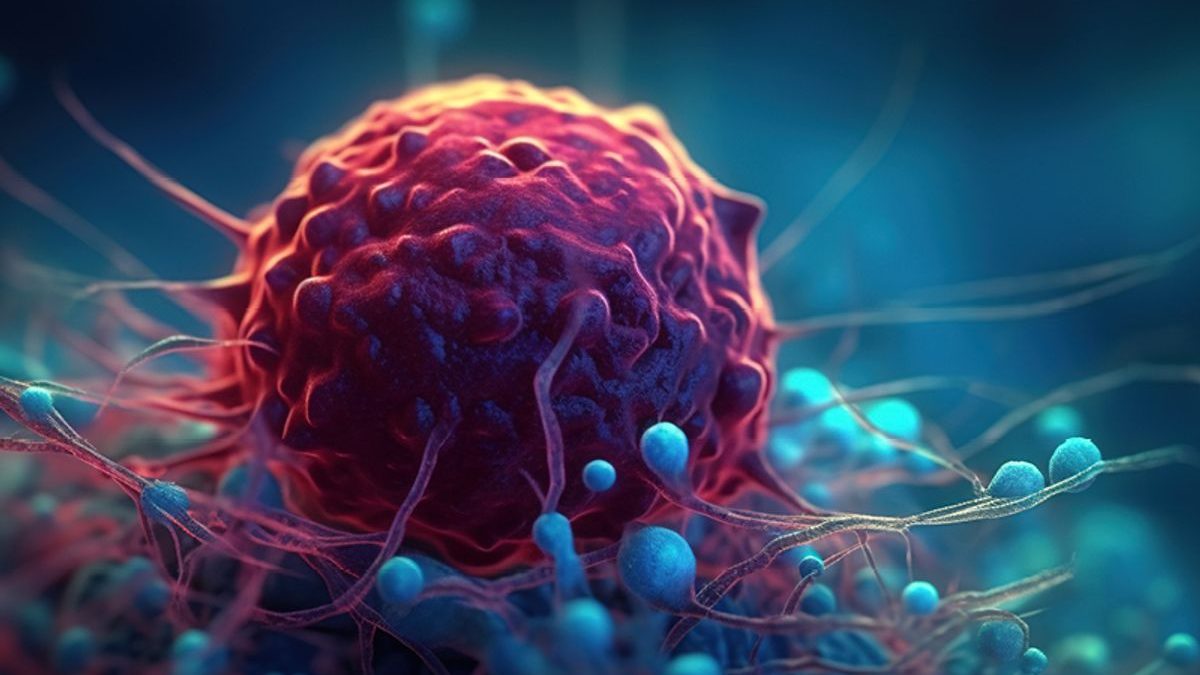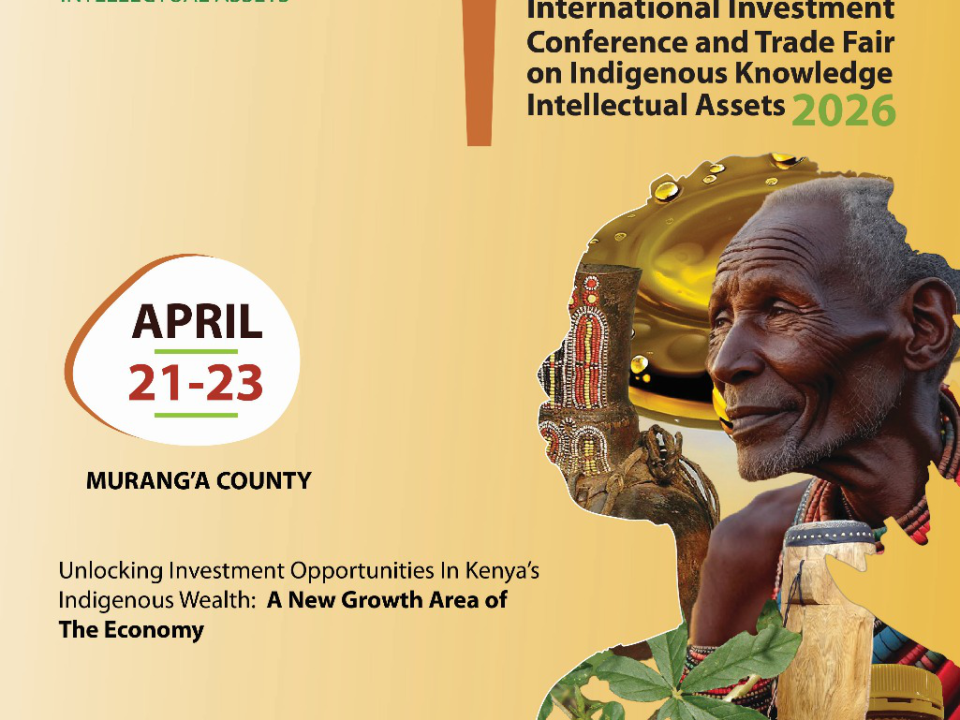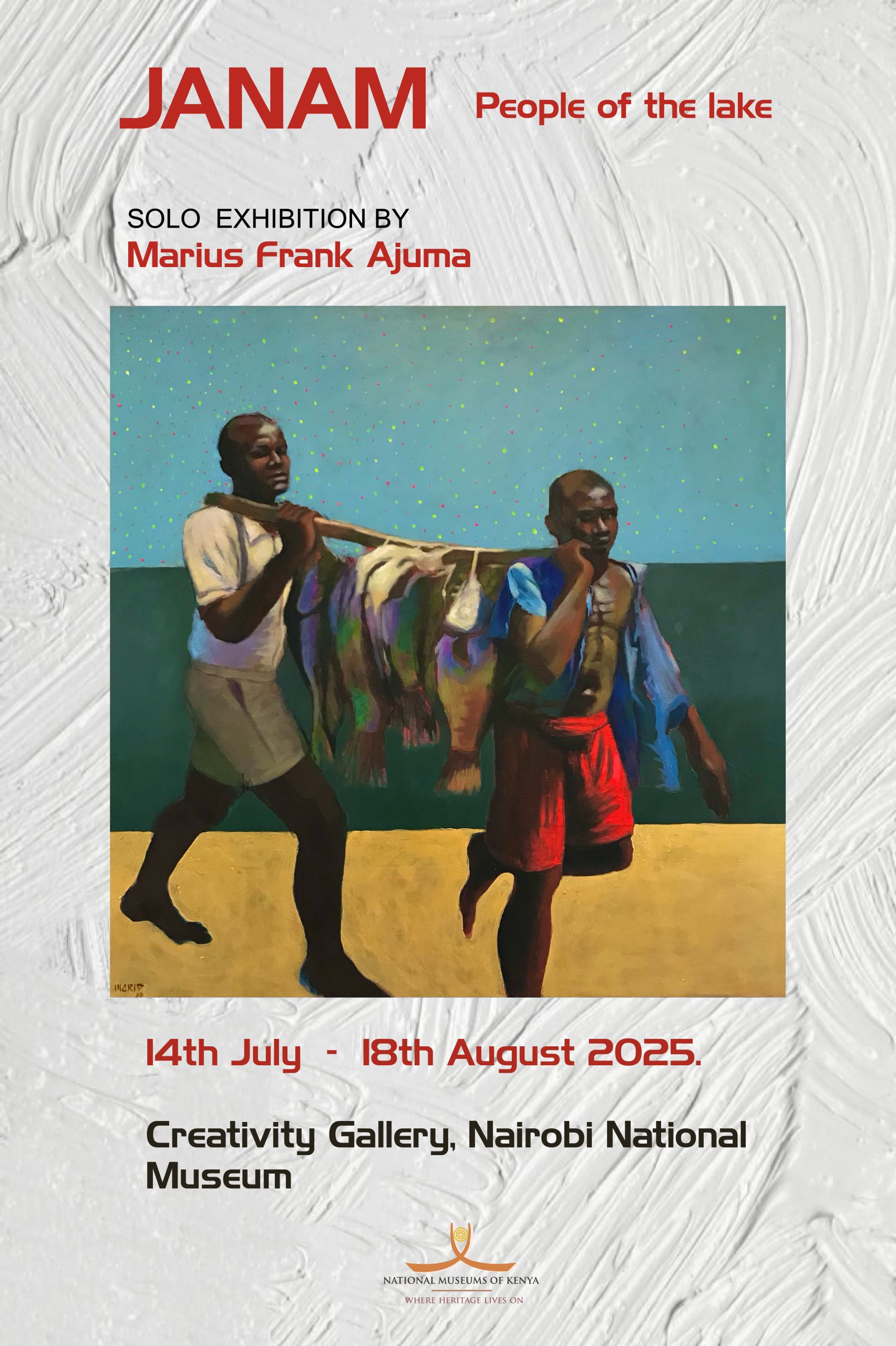
Celebrating Kenya’s Eight UNESCO World Heritage Site
January 22, 2025
Nairobi on a Budget: A Practical Guide and Itinerary for Culture, Art, and Reptile Adventures
February 10, 2025By Lilian Mwenda
Cancer Palliative Garden: A Sanctuary of Hope and Healing
There is no compelling reason why you don’t have cancer. Why any of us doesn’t have cancer. No special reason why our children are not going for chemo. Because we aren’t the chosen ones. We aren’t pure in deed or heart. Our prayers don’t fall on any more special ears than those who have been visited by the ugliness of cancer. Yet, we wake up with bodies that give an impression of bastion health, and when we retire to bed, we forget that we are undeserving. That our bodies are merely water, flesh, and air.
These words, borrowed from Bikozulu’s recent story Eleven Lymph Nodes, perfectly encapsulate the fragility of life and the randomness of cancer’s grip. In his story, Biko writes about a woman—a marathon runner, health-conscious, and disciplined—she ate healthy, exercised, and ran 10-kilometer marathons for fun. The type of person who seemingly had her health locked down. And yet, cancer still found her. This is the cruel paradox of cancer. It does not discriminate. She was a mother, terrified of leaving her child behind, a reality that starkly contrasts the image of a vibrant, energetic woman who lived by the book of good health.

Cancer remains a major public health problem globally. According to the World Health Organization (WHO), it is predicted that more than 20 million new cases will occur worldwide by 2025, with 80% of the burden falling on low- and middle-income countries.
In Kenya, data from the National Cancer Registry at KEMRI reveals an alarming reality: the country reports over 47,000 new cancer cases and more than 32,000 cancer-related deaths annually. The most prevalent cancers include breast cancer in women and prostate cancer in men, and tragically, a significant portion of these cases are diagnosed at late stages due to limited access to screening and treatment facilities.
Despite cancer’s randomness, experts agree there are ways to reduce risk. Eating a healthy diet, avoiding smoking, exercising regularly, limiting alcohol consumption, and undergoing regular screenings can lower the chances of developing certain types of cancer. But even these measures are no guarantee, as Biko’s story reminds us.
Cancer is an ugly, relentless thief—it robs people of dreams, peace, and even dignity. The cost of treatment is another beast altogether, often pushing families into financial ruin. This is the backdrop against which many Kenyan families battle cancer.
And yet, amidst the despair, there is hope. The Cancer Palliative Garden, established by the National Museums of Kenya (NMK), represents a quiet revolution in the fight against cancer. Research on this initiative began in 2018, and after years of dedicated work, the garden was officially launched as part of NMK’s Botanic Garden. This space, adjacent to Michuki Park, showcases over 25 plant species reported to have nutraceutical properties. These plants aren’t just part of Kenya’s botanical heritage—they are lifelines for cancer patients seeking alternative or complementary treatments.
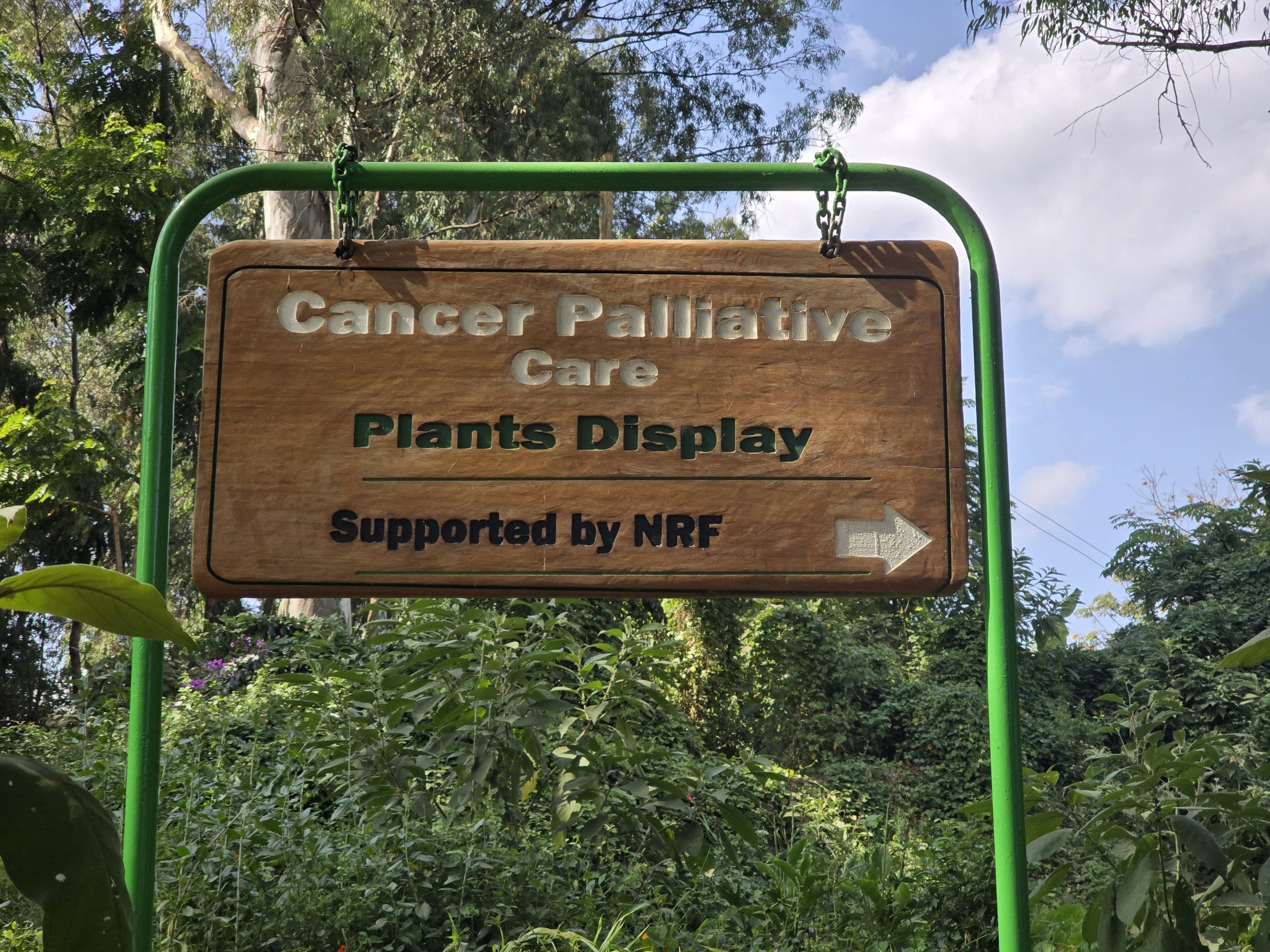
The garden’s creation was rooted in deep collaboration with Traditional Health Practitioners (THPs). During their multidisciplinary study, scientists from NMK, the University of Nairobi (UoN), Kenya Medical Research Institute (KEMRI), and the Ministry of Culture and Social Services, funded by the National Research Fund (NRF), worked closely with THPs to identify the plants being used to treat cancer patients. By documenting these indigenous treatments, the team was able to identify the 25 plant species featured in the garden. The plants are used in diverse ways: their barks, roots, or leaves are consumed in teas, ground into powders, or made into decoctions to treat patients. Among them are Combretum molle (Velvet Bushwillow)- which has been used for its antioxidant and anti-inflammatory properties, Prunus africana (African Cherry, nicknamed Red Stinkwood) whose bark has been linked to treatments for prostate cancer, and Zanthoxylum gilletii (East African Satinwood) valued for its medicinal oils and reported cancer-fighting properties.
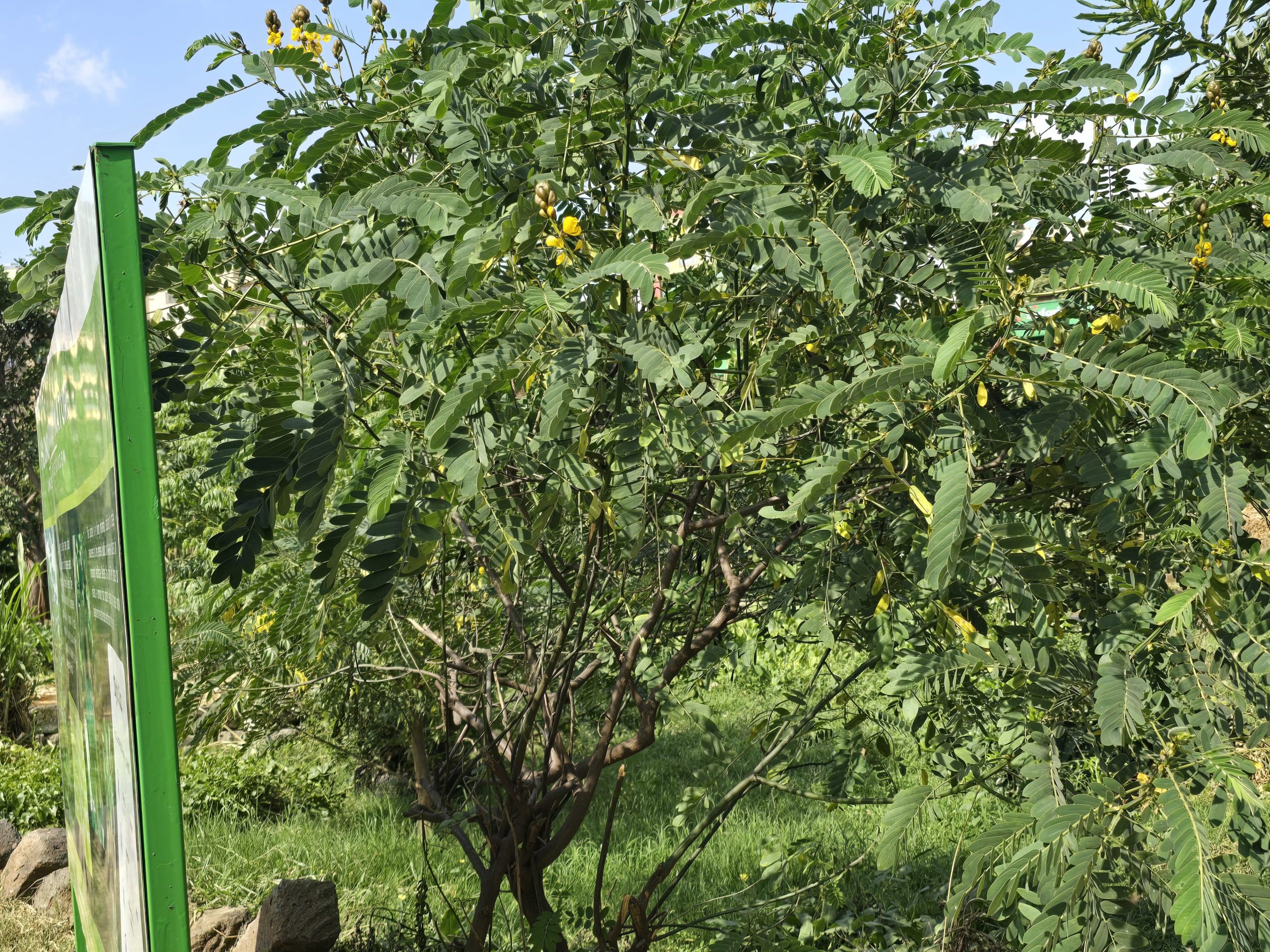
Led by Dr. Solomon K. Cheboi (PhD), the study team included Dr. Kiprop Lagat (Culture), Peris Kariuki(PhD), Daisy N. Nyawira, Philamon Nyamanga, Peter M. Ngolo, and Wanjiru S. Ng’ang’a (all from NMK). The research sought to determine whether indigenous regimens could improve the quality and longevity of life for cancer patients. The study also documented patients’ treatment-seeking behaviors and explored the suitability of traditional medicine in complementing conventional treatments.
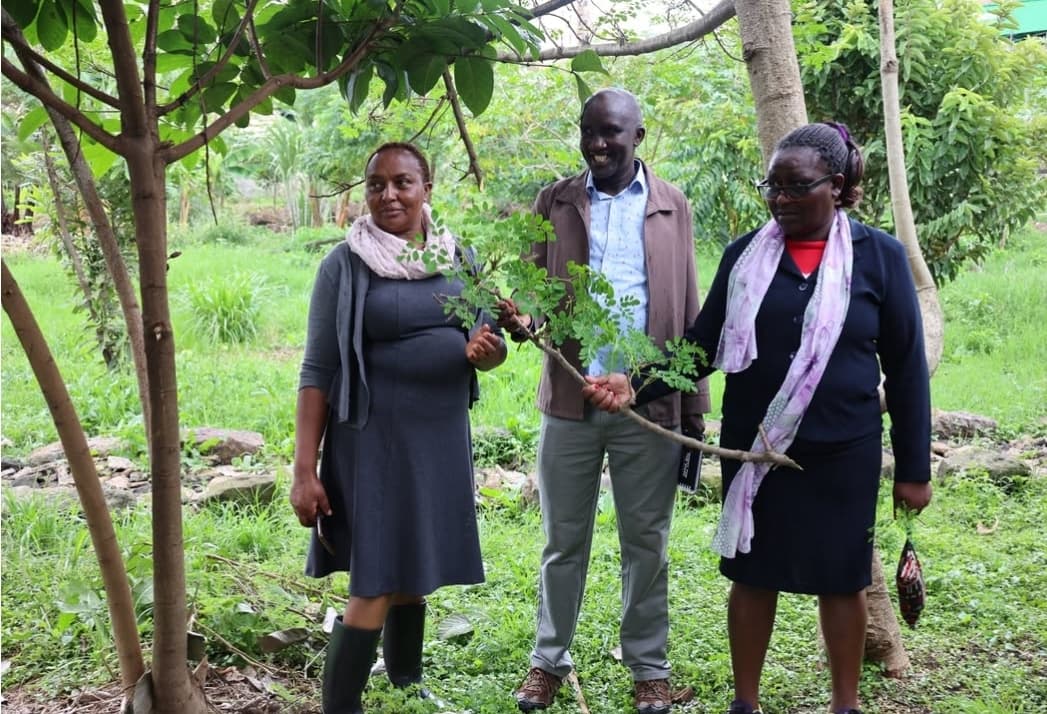
The findings were nothing short of remarkable. Of the 443 cancer patients studied, spanning seven different types of cancer, 76% reported significant improvement after using traditional medicines These regimens, derived from the garden’s 25 species, include plants with documented nutraceutical properties that can enhance patients’ quality of life.
Kariuki’s story brings these findings to life. In 2022, he experienced persistent nosebleeds at work, which led to a diagnosis of stage 2 throat cancer. Chemotherapy left him weak, unable to eat, and reliant on feeding tubes. “I thought I was going to die,” Kariuki recalls, describing nights filled with fear and hopelessness. Desperate for relief, his family turned to a Traditional Health Practitioner who prescribed a plant-based regimen, a form of treatment known as phytotherapy. Within months, Kariuki was back on his feet, eating and drinking as usual. By 2023, his scans came back clear—he was cancer-free.
This is just one of many testimonies validating the potential of traditional medicine. While the results are promising, the researchers emphasize the need for more funding and research to expand the understanding of these indigenous regimens and their role in cancer care.
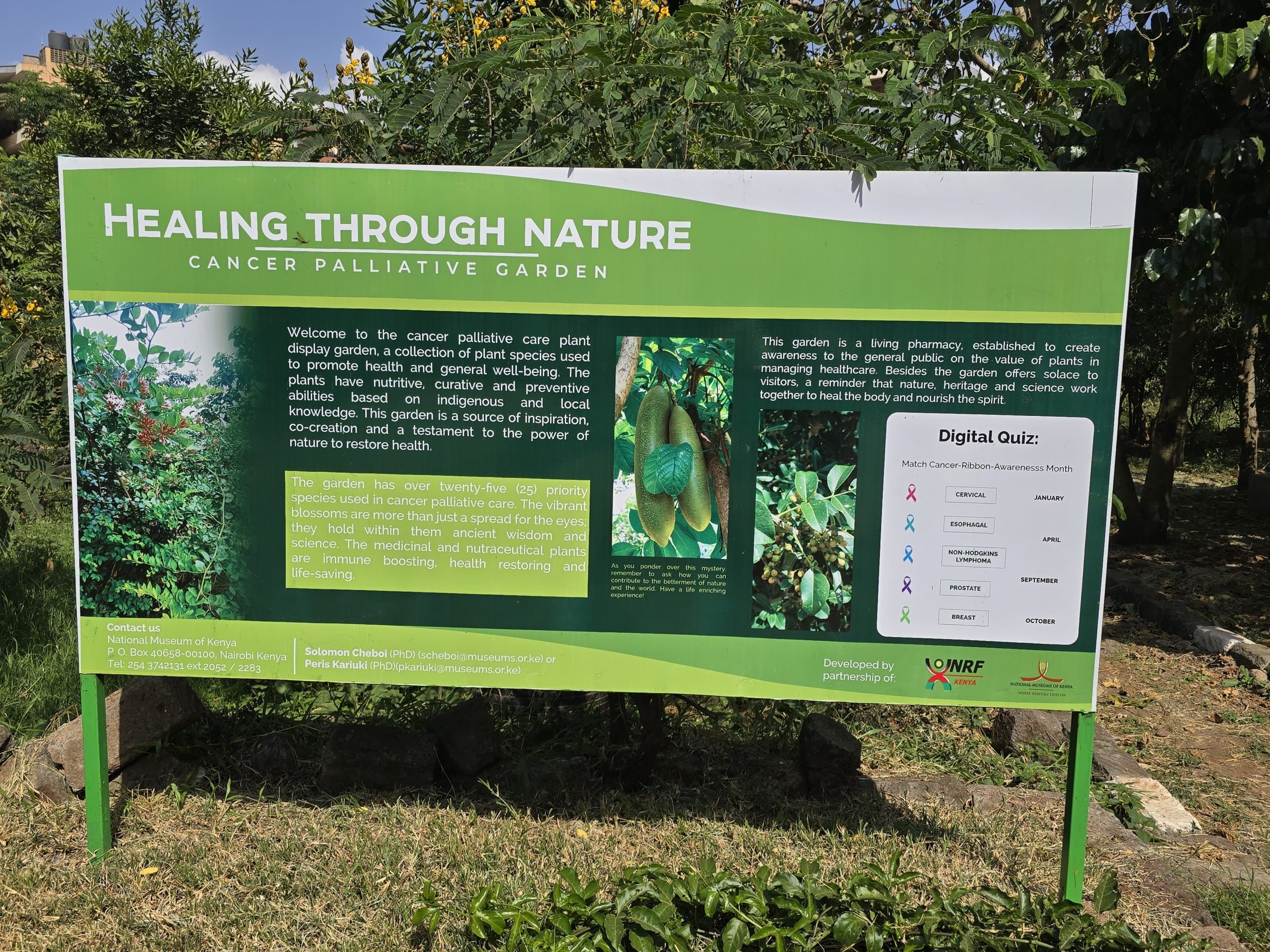
The Cancer Palliative Garden represents more than just a collection of plants. It’s a sanctuary of hope, a space for research, conservation, and awareness. It showcases the potential of traditional medicine to complement modern treatments, giving patients an affordable, culturally rooted option.
As cancer continues to loom large, shattering lives and testing humanity’s resolve, initiatives like this garden remind us of the strength in community and the power of innovation rooted in heritage. For those battling cancer and their families, it stands as a quiet but powerful ally, offering a path not just to survival but to a better quality of life.

